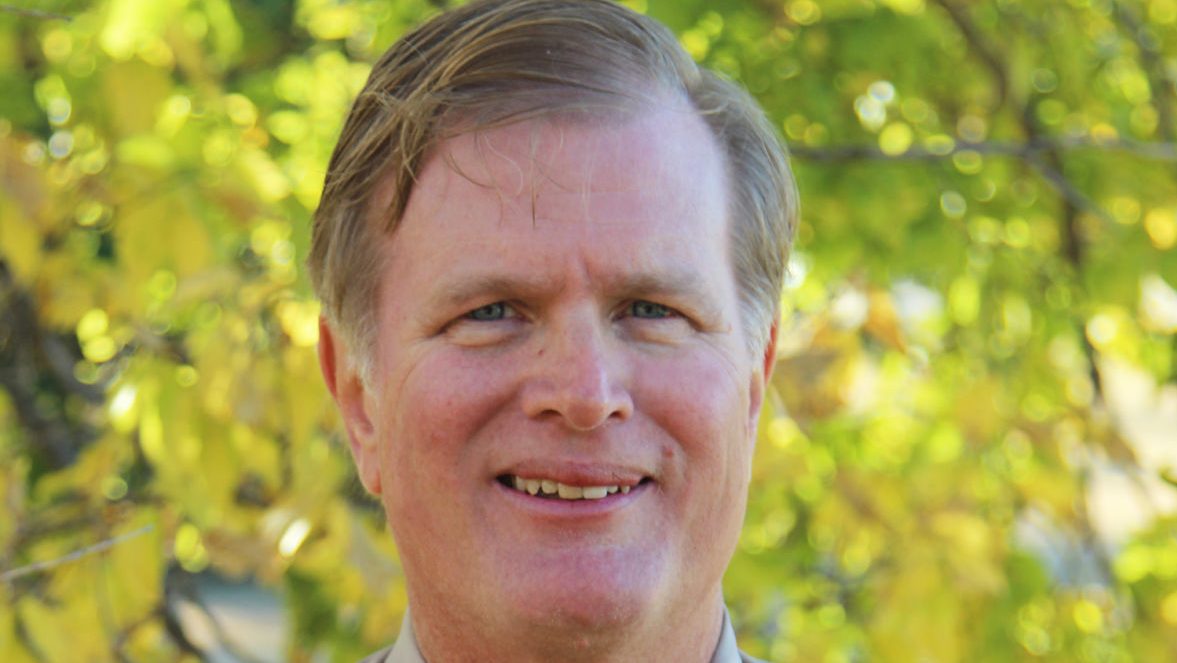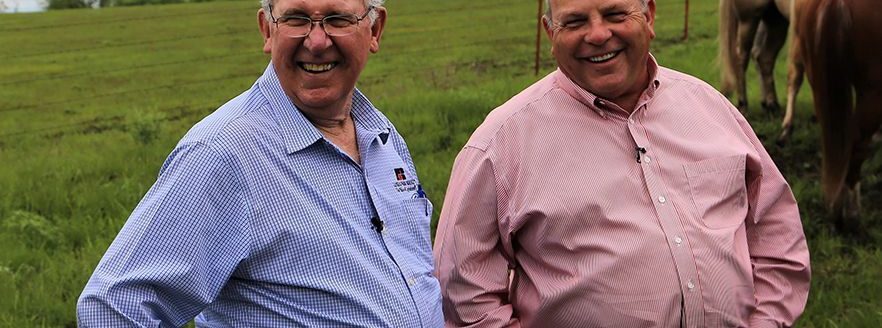The death of Barry Flinchbaugh, the agricultural policy expert at Kansas State University, was difficult news in a difficult year.
The salutes quickly flowed once his Nov. 2 death was announced. Reading from colleagues who witnessed Flinchbaugh’s insight was stirring. He obviously struck a chord with media agricultural journalists. What I gleaned from those journalists comments was spot on. Flinchbaugh always called it like he saw it.
As I read the thoughtful tributes several writers said they did not take his agricultural policy class at K-State but were recipients of his wisdom. I was thankful that I did take his class, which came during the farm crisis of the 1980s—the most painful time in modern American agricultural history—as noted by policy experts including the professor.
Flinchbaugh often premised his remarks, “I’m getting more conservative in my views the older I get,” when he thought about the government’s intervention in farm policy. Yet, he also recognized that during that time government had a role to help agricultural producers and the industry he loved.
His view was food was never to be used as weapon and because when that occurred it punished American farmers and ranchers. It was one reason he did not mind mincing words with the Trump administration over its tariff war with China.
He could change his views if the facts backed it. At the same time he gave credit to the administration for brokering a new North American trade agreement that balanced the needs of the United States, Canada and Mexico.
More than 35 years ago it was a far different era. The Cold War tensions with the former Soviet Union were slowly thawing. However, export markets, always the key to farm income, were slow to recover and a glut of agricultural grains were everywhere and debt was hurting the industry. Inflation had to be slowed too, he said, a tough balancing act was squarely in front of the country. Cash flow had to be first, he’d say.
Flinchbaugh taught it was important to find the right balance in fiscal policy whether the discussion was on federal government spending (or deficits) or an individual farmer. He was critical of policies and regulations that could serve special interests but hurt farmers and ranchers in how they could operate.
Thinking about the era I had every reason to be concerned about my future as a 1985 college graduate.
Yet he stayed optimistic, explaining to me that work ethic, doing my homework and paying attention to matters that were close to my heart were all principles to follow.
He always praised classes by saying they were the best he ever worked with. I was fortunate to be part of that large class. In these times we need more people who will stand up and be more encouraging of youth.
After graduation I could always call on him as a mentor for advice about what agricultural jobs to consider. He’d always say to do what made me happy and that working in the media provided me with opportunities to make a difference. I was always thankful he’d listen. He’d remind me the decision was mine alone and he would not criticize me one way or another.
Conversations would come and go about views on elected officials, how our families were doing, health and changes needing to be made for an upcoming farm bill. I’d usually close a thought with my signature line “but what do I know?” He’d always say, “a lot more than you might think.”
We last talked early this year with a 45-minute conversation that included half the time for an on-the-record interview for a High Plains Journal story about trade and other agricultural matters that included his wish that desire to see elected officials and regulators to work with farmers and industry so all had a shared view a fair and equitable marketplace. Flinchbaugh was concerned about concentration in the marketplace on input and market side. He remained optimistic that fairness was still something agricultural interests should stand behind. After all, he would use the oft-repeated phrase democracy is a participatory exercise.
The remaining time on our late January call was about making more time to catching up. That, unfortunately, was our final conversation. More nuggets will emerge as I think about a man who helped me understand agricultural policy. I’ll always be indebted that he took an interest in me.
Barry Flinchbaugh, who first started as a teacher than became a mentor but most importantly he was my friend.
Dave Bergmeier can be reached at 620-227-1822 or [email protected].



